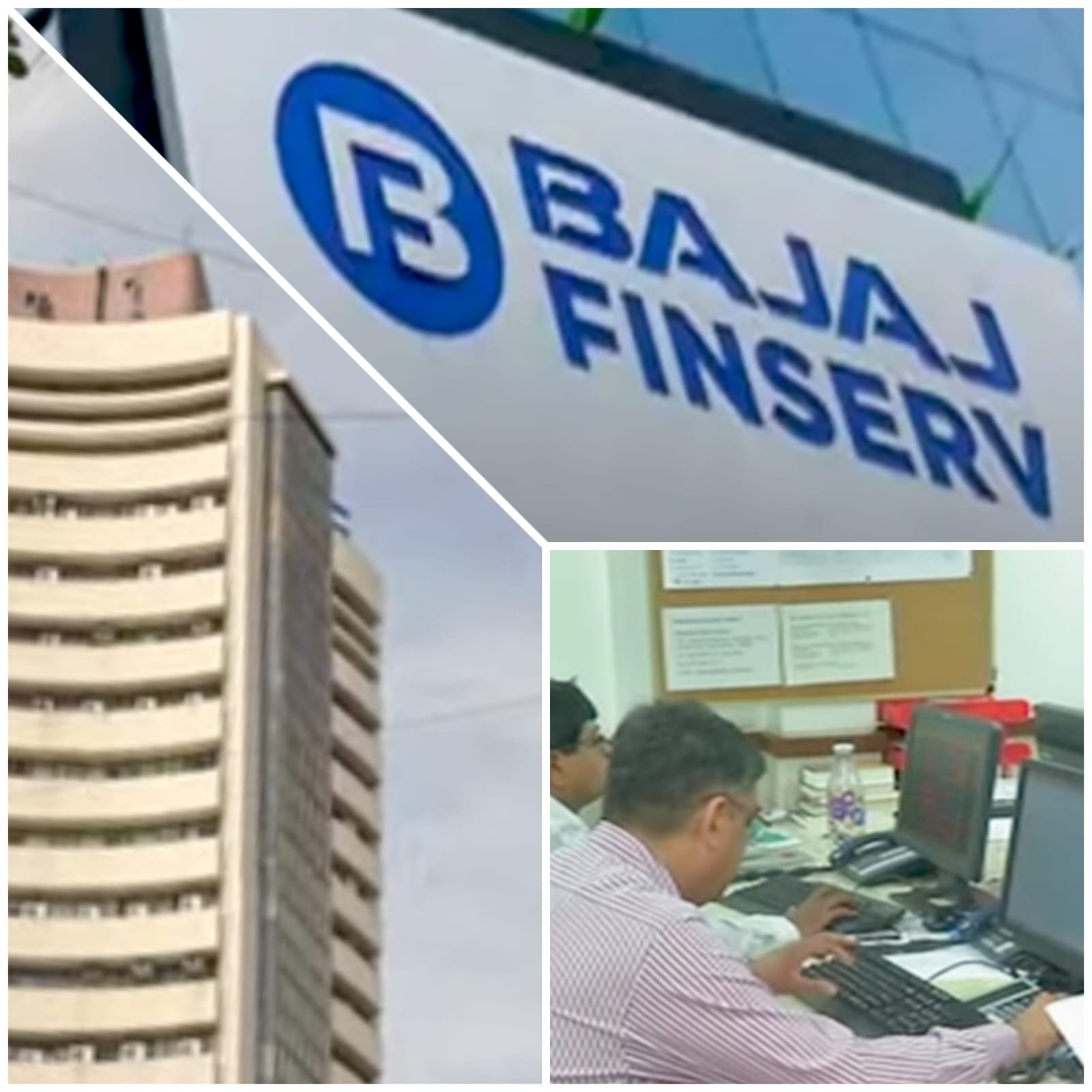“Missed Bajaj Housing IPO? Best Investment Options Now”

“Missed Bajaj Housing IPO? Best Investment Options Now”
The Bajaj Housing Finance IPO has recently created waves in the financial markets, not only due to its extraordinary listing gains but also because of the considerable interest it has generated. The stock’s debut was marked by a staggering premium of 114%, followed by an additional 9% increase on the first day, leading to substantial gains for those who were lucky enough to secure allotments. However, for those who missed out, the situation might seem challenging. This article delves into what you can do now if you missed the Bajaj Housing Finance IPO, including potential investment strategies and insights into the housing finance sector.
1. Understanding the Bajaj Housing Finance IPO
The Bajaj Housing Finance IPO was one of the most anticipated initial public offerings in recent times. With bids worth Rs 3.2 lakh crore, the issue was oversubscribed by 63.61 times, highlighting significant investor interest. The IPO, valued at Rs 6,560 crore, set a new record for demand, reflecting the high expectations surrounding Bajaj Housing Finance.
On its debut, Bajaj Housing Finance listed at a premium of 114% over its issue price. This remarkable performance, which saw the stock surge by an additional 9% post-listing, has spurred a fear of missing out (FOMO) among investors. The company’s current market capitalization stands at Rs 1.36 lakh crore, with its price-to-book (P/B) ratio reaching 6x, a significant jump from its initial valuation.
2. What to Do If You Missed the IPO
If you were unable to secure shares in the Bajaj Housing Finance IPO, there are several strategies you can consider:
a. Avoid Chasing the Stock
Given that Bajaj Housing Finance shares are now trading at a high P/B ratio of 6x, which is significantly higher than the typical 3x P/B ratio seen in the sector, it is advisable to approach this stock with caution. Analysts suggest that the current valuation leaves little room for substantial upside potential. Chakri Lokapriya, a veteran investor, advises against buying the stock at its current elevated levels and recommends considering other housing finance companies instead.
b. Explore Other Housing Finance Stocks
If you missed out on Bajaj Housing Finance, consider looking into other housing finance companies that are trading at more reasonable valuations. Companies like PNB Housing and LIC Housing Finance are potential alternatives. These stocks may offer better entry points and have more room for growth compared to Bajaj Housing Finance, given their lower P/B ratios and competitive positioning in the market.
c. Look for Investment Opportunities in NBFCs
The successful Bajaj Housing Finance IPO has brought attention to the broader non-banking financial company (NBFC) sector, particularly housing finance. This heightened interest could lead to a re-rating of other private NBFCs, potentially providing investment opportunities. Monitor other well-positioned NBFCs in the housing finance space that could benefit from increased market focus.
3. Insights from Market Experts
a. Short-Term Profit Booking vs. Long-Term Investment
Experts have differing views on how to handle Bajaj Housing Finance shares post-listing.
- Prashanth Tapse of Mehta Equities recommends conservative investors to book profits now, given the stock’s substantial listing gains. He suggests that while short-term gains might have exceeded expectations, long-term investors could still hold onto their shares if they believe in the sector’s growth potential. The housing sector is expected to perform well in the coming years, and Bajaj Housing Finance might capitalize on this opportunity.
- Shivani Nyati of Swastika Investmart also suggests booking profits for those who were fortunate enough to get IPO allotments. For those who choose to hold, setting a stop-loss at Rs 135 can help manage risks and protect against potential downside.
b. Valuation Comparisons
Deven Choksey of DRChoksey FinServ and Narendra Solanki of Anand Rathi highlight that Bajaj Housing Finance is trading at a higher valuation compared to its peers. Most housing finance companies have a P/B ratio ranging between 1-2.5 times, making Bajaj Housing Finance’s 6x valuation quite steep. This premium valuation might suggest that the stock is currently overvalued relative to its peers.
4. Future Outlook for the Housing Finance Sector
The successful IPO and the attention it has garnered could lead to a broader reassessment of private NBFCs and housing finance companies. The sector outlook remains positive, with expectations for continued growth driven by favorable economic conditions and increasing demand for housing finance.
a. Sector Growth Potential
The housing finance sector is expected to remain robust over the next few years, driven by continued urbanization, government policies supporting affordable housing, and a growing middle class. Companies that are well-positioned within this sector could benefit significantly from these trends.
b. Monitoring Market Conditions
It is crucial to continuously monitor market conditions and the performance of housing finance companies to make informed investment decisions. Keeping an eye on economic indicators, interest rates, and sector-specific developments will help in assessing the right time to invest or adjust investment strategies.
5. Conclusion
Missing out on a high-profile IPO like Bajaj Housing Finance can be disheartening, but there are several strategic alternatives to consider. Rather than chasing the stock at its current high valuations, explore other investment opportunities within the housing finance sector and NBFCs. Assessing other well-positioned companies, monitoring sector trends, and consulting with financial advisors can help you navigate the market effectively.
Remember, investing in the stock market requires a balanced approach, taking into account both current opportunities and long-term growth potential. By staying informed and strategically positioning your investments, you can still find opportunities to benefit from the dynamic housing finance sector.
For more detailed insights and investment advice, consider consulting with financial experts or investment advisors who can provide personalized guidance based on your individual financial goals and risk tolerance.




